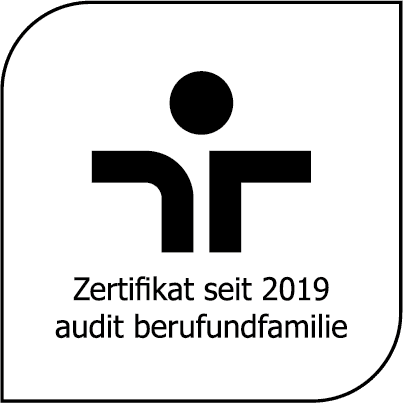Test instruments sorted
Contact person for the Open Test Archive
Gülay Karadere (Dipl.-Psych.)
Research Associate
guek@leibniz-psychology.org
PTED Skala
Post-Traumatic Embitterment Disorder Selbstbeurteilungsfragebogen
Short abstract
The PTED Scale as a self-evaluation questionnaire contains 19 items for measuring the functions of bitterness reactions to negative life events. The questionnaire contains 19 individual statements. Reliability: Internal consistency (Cronbach's Alpha = .93) and retest reliability (Spearman rho correlation was .71 for the total score, with a range of .53-.86 for individual items) were high. Validity: The PTED scale differed significantly between patients clinically assessed as suffering from pathological embitterment. Correlations with related instruments showed good convergent validity. Data from the non-clinical sample showed a prevalence of clinically relevant bitterness in the general population of 2.5%. The PTED scale allows a valid measurement of bitterness as an emotional response to a negative life event. Furthermore, the results show that reactive bitterness associated with a negative life event is a common phenomenon among clinical and non-clinical populations.
Leibniz Institute for Psychology (ZPID). (2019). Open Test Archive: PTED Skala. Post-Traumatic Embitterment Disorder Selbstbeurteilungsfragebogen. Available at: https://www.testarchiv.eu/en/test/9006580
Citation
Linden, M., Baumann, K., Lieberei, B. & Rotter, M. (2013). PTED Skala. Post-Traumatic Embitterment Disorder Selbstbeurteilungsfragebogen [Verfahrensdokumentation, Autorenbeschreibung englisch, Diagnostisches Interview Lang- und Kurzfassung, Fragebogen deutsch, kroatisch, koreanisch, türkisch und portugiesisch]. In Leibniz-Institut für Psychologie (ZPID) (Hrsg.), Open Test Archive. Trier: ZPID.
https://doi.org/10.23668/psycharchives.4664
Short information
Short Name PTED Skala
English Name Post-Traumatic Embitterment Disorder Self-Rating Scale
Authors Linden, M., Baumann, K., Lieberei, B., Rotter, M.
Published in Test archive 2013
Copyright/Licence Copyright Authors; CC-BY-SA 4.0
Language versions deu hrv kor tur por
Construct Post-traumatic embitterment disorder
Application age 18 years and older
Item number 19 items
Subscales None; reactive bitterness
Application Time A few minutes.
Interpretation time A few minutes.
Internal consistency: Cronbach's alpha = .93. Test-retest reliability: (Spearman rho correlation) rtt = .71.
Findings for a two-factorial structure; group differences; connection with negative life events.
None.
Applications Psychotherapy
Older versions
Version 1: https://doi.org/10.23668/psycharchives.428
There is no abstract in English available. Short information about the measure can be found under Overview. More can be found on the German pages.
There is no review in English available. Short information about the measure can be found under Overview. More can be found on the German pages.
First published in
Linden, M., Baumann, K., Lieberei, B. & Rotter, M. (2009). The Post-Traumatic Embitterment Disorder Self-Rating Scale (PTED Scale). Clinical Psychology and Psychotherapy, 16 (2), 139-147. PSYNDEX Dok.-Nr. 0218997
Downloads
- Author's description of PTED-Scale (English) [PDF]
- PTED Scale - Diagnostic Interview (German) [PDF] [DOCX]
- PTED Scale - Diagnostic Interview - short version (German) [PDF] [DOCX]
- Questionnaire PTED Scale (German) [PDF] [DOCX]
- Questionnaire PTED Scale (Croatian) [PDF] [DOCX]
- Questionnaire PTED Scale (Korean) [PDF] [DOCX]
- Questionnaire PTED Scale (Turkish) [PDF] [DOCX]
- Questionnaire PTED Scale (Portuguese) [PDF]
- Test description PTED-Skala (German) [PDF]
Feedback form
Feedback on the use of a procedure from the Open Test Archive of the Leibniz Institute for Psychology (ZPID) to the test author(s)
Contact information
Marie Dietz, Klinische Neuropsychologie, Station für Kinder und Jugendliche (EP1), Institut für Diagnostik der Epilepsien gGmbH( IDE), Herzbergstraße 79, D-10365 Berlin
Prof. Dr. Michael Linden, Forschungsgruppe Psychosomatische Rehabilitation, Rehabilitationszentrum Seehof der Deutschen Rentenversicherung, Lichterfelder Allee 55, D-14513 Teltow

 Learn more about us!
Learn more about us! 
